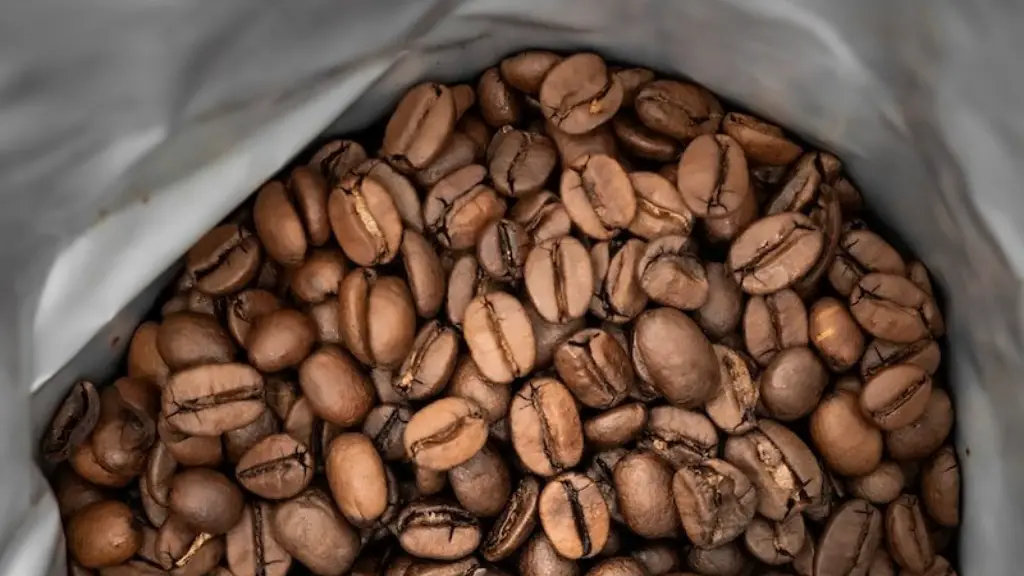Description
In an era of health and wellness, sugar-free energy drinks have become increasingly popular alternatives to coffee. These caffeine-infused drinks provide a quick burst of energy, but come with a potential for health risks. This article examines both the potential benefits and risks of consuming sugar-free energy drinks, as well as delving into the differences between them and coffee.
Benefits of Sugar-Free Energy Drinks
The biggest appeal of sugar-free energy drinks is that they provide a quick energy boost. Caffeine is a stimulant, so it helps people stay alert and awake while also increasing their concentration and mental performance. Caffeine also stimulates the central nervous system, and helps people stay awake longer. Additionally, sugar-free energy drinks typically contain B vitamins which help the body metabolise energy efficiently, aiding in greater energy production.
Risks of Sugar-Free Energy Drinks
However, even though sugar-free energy drinks are often marketed as “better” than regular versions, they also come with health risks. One issue is the amount of caffeine contained in such drinks. Certain energy drinks contain large amounts of caffeine, and consuming excessive amounts of caffeine can lead to headaches, jitteriness, anxiety, and high blood pressure.
Furthermore, energy drinks often contain other stimulants, such as guarana, taurine, and ginseng. In some studies, the combination of these stimulants with caffeine have been associated with potential cardiovascular side effects. In addition, some of these stimulants may interact with other medications, so it is important to always consult a doctor before consuming energy drinks as a substitute for coffee.
Differences Between Coffee and Sugar-Free Energy Drinks
When comparing coffee and sugar-free energy drinks, there are several differences to consider. Firstly, energy drinks may contain a greater concentration of stimulants such as caffeine and guarana. Caffeine levels in energy drinks may even be double or triple the amount found in coffee. Additionally, energy drinks may also contain other stimulants such as taurine and ginseng which are not present in coffee.
In terms of taste, energy drinks are often sweeter than coffee. This is because they do not contain added sugar, instead they contain artificial sweeteners, such as sucralose, which can give them a sweeter taste than coffee.
Economical Impact
In terms of economics, sugar-free energy drinks tend to be more expensive than coffee and other hot drinks. Coffee is usually sold in large economical bags and can often be brewed at home. In comparison, energy drinks are usually sold in smaller cans and novelty bottles, making them more expensive per volume. Since energy drinks generally contain more caffeine, people need to drink more in order to experience the same effects as the same amount of coffee.
Psychological Impact
From a psychological perspective, some studies have shown that energy drinks have a greater effect on mood than coffee. People have reported feeling more energised and alert after consuming energy drinks than after drinking coffee. Energy drinks may also contain B-vitamins which have been associated with improved mental clarity, increased concentration, and heightened focus.
On the other hand, coffee lovers also tend to report psychological benefits from coffee consumption. Some people report feeling relaxed or content after consuming coffee, and for some, coffee can be a congruent part of their social routine.
Environmental Impact
In terms of environmental impact, energy drinks can create more waste in the form of plastic bottles and cans than coffee. Since energy drinks often come in single-serve containers, they create more waste than coffee which is usually sold in economical packs. Furthermore, energy drinks are often carbonated, adding further to their environmental impact.
Nutritional Impact
Nutritionally, coffee is usually seen as a healthier alternative to energy drinks. Most energy drinks are not particularly high in nutritional value, as they are are often loaded with sugar and empty calories. On the other hand, coffee contains antioxidants and polyphenols which can have antioxidant and anti-inflammatory properties. Furthermore, some studies have shown that coffee consumption may have beneficial effects on cognitive health, making it a healthier choice than energy drinks.
To conclude, although sugar-free energy drinks can provide a quick energy boost, they can also come with potential health risks and a greater environmental impact than coffee. Coffee, although it does have a lower concentration of caffeine than energy drinks, still provides a range of health benefits and nutritional value. As with any other beverage, it is important to always check the ingredients and research the potential health risks before consuming either energy drinks or coffee.



